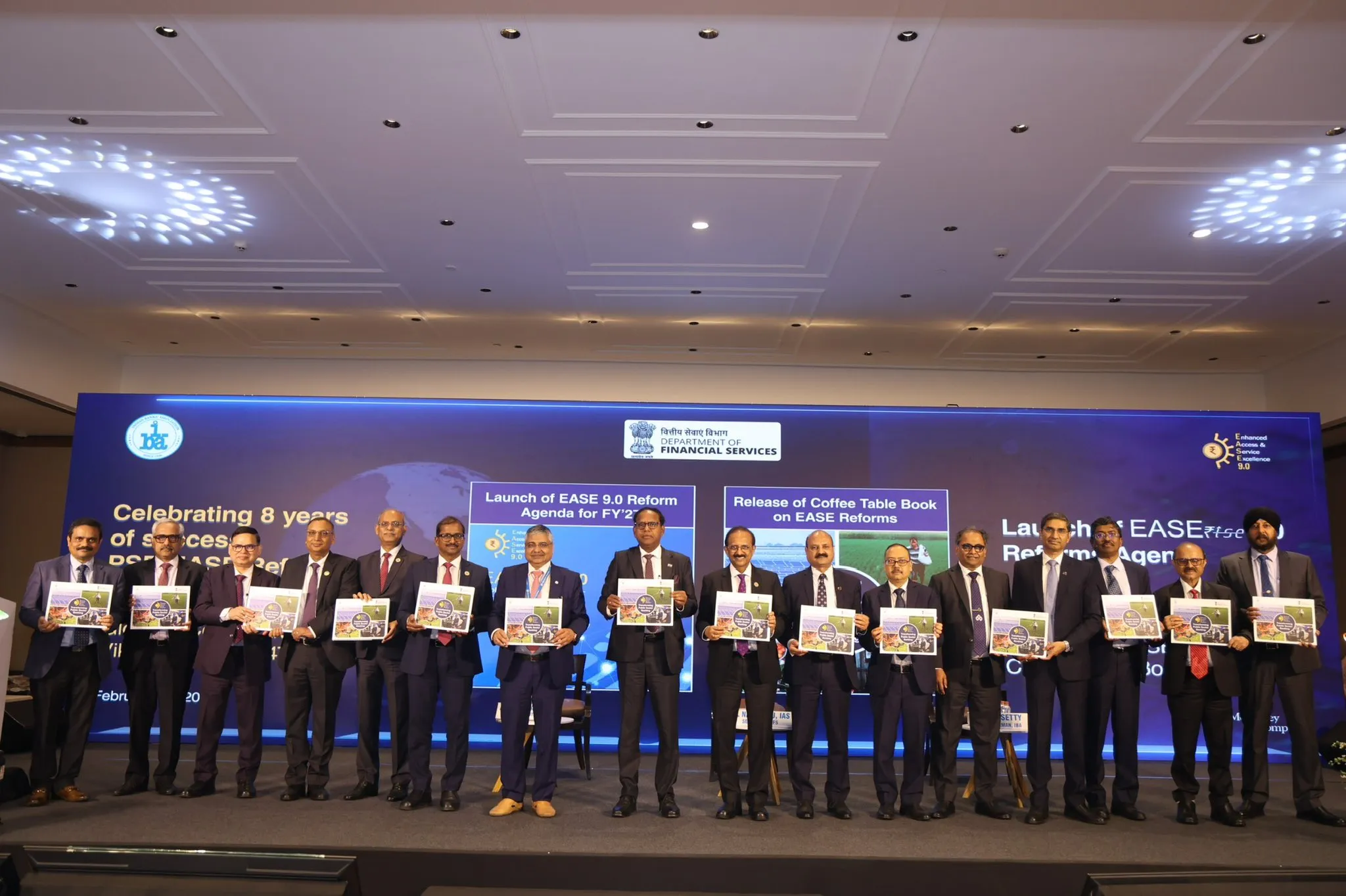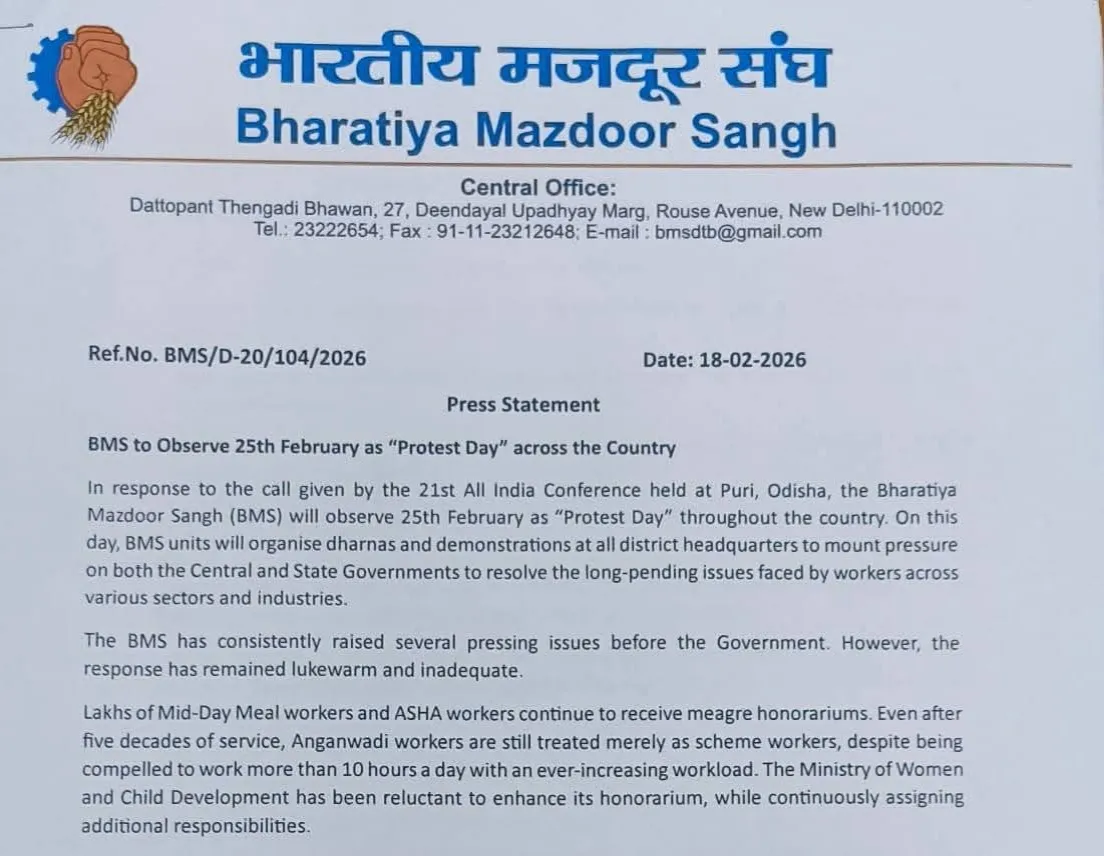Reserve Bank of India Plans Changes to Improve Interest Rate Transmission

India’s central bank, the Reserve Bank of India (RBI), is preparing to meet with leading banks next week to discuss possible changes in how it manages money within the country’s financial system. This meeting aims to ensure that the RBI’s decisions on interest rates have a clear impact on the economy.
According to people familiar with the matter, senior officials from the RBI, including the newly appointed Deputy Governor Poonam Gupta, will hold talks with bank leaders on May 21. These discussions are private, so the sources requested anonymity.
This important meeting comes just before the RBI’s next policy announcement scheduled for June 6. Recently, the central bank has taken strong actions to move from having a shortage of cash in the system to creating a cash surplus. This shows the RBI’s effort to improve its financial tools, especially while it tries to lower borrowing costs to encourage economic growth.
One key topic of discussion is expected to be the continuation of the “overnight weighted average call rate” as the main target for the RBI’s money management and monetary policy. This rate is the interest rate at which banks lend money to each other for very short periods without any security. Ideally, this rate should stay close to the RBI’s official policy rate so that borrowing costs in the market reflect the central bank’s decisions. However, in recent years, this connection has often been weak or broken.
To fix this, the RBI has proposed introducing a new benchmark called the “Secured Overnight Rupee Rate” (or SOFR). This new rate may eventually replace the current benchmark known as the Mumbai Interbank Outright Rate (MIBOR), which is used for pricing certain financial contracts related to interest rates.
The Mumbai Interbank Outright Rate (MIBOR) is a benchmark interest rate at which banks lend unsecured money to one another in the Indian interbank money market for short-term periods, typically overnight. MIBOR is the rate at which banks borrow money from other banks for very short durations, mainly one day (overnight).
The RBI may also discuss whether to use fixed interest rates or variable interest rates in its repurchase operations (commonly called “repo operations”). These operations help keep market borrowing rates aligned with the RBI’s policy rate. The RBI stopped daily fixed-rate cash windows in 2020, so they might reconsider this approach.
In addition to these changes, the RBI might talk about adjusting how much cash banks need to keep as a reserve each day, known as the cash reserve requirement (CRR). Currently, banks must maintain 90% of their required reserves daily. Tweaking this rule could help the RBI better control the flow of money in the system.


